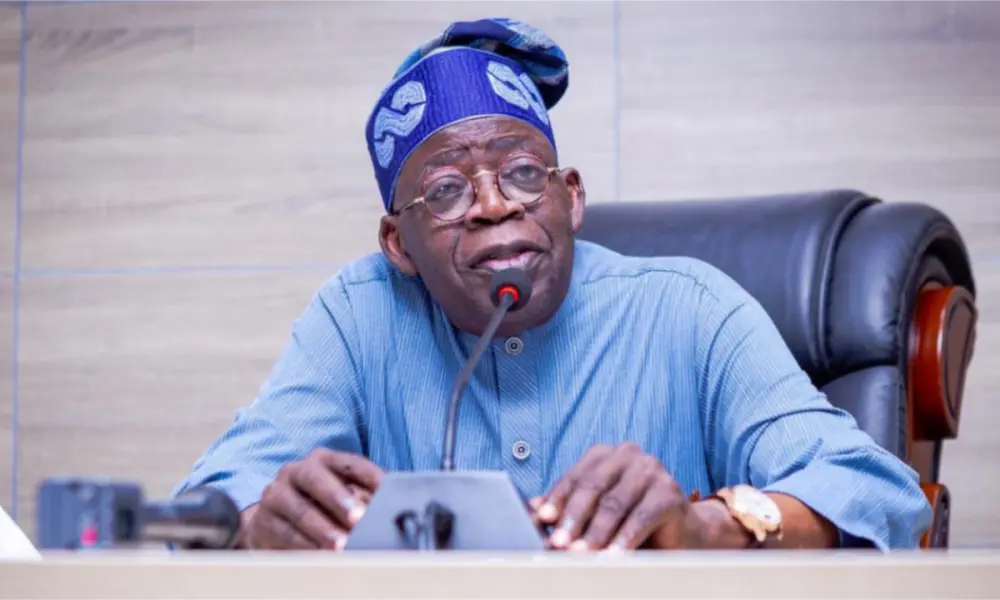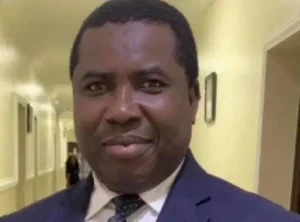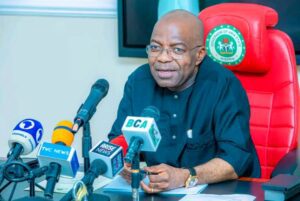Tinubu’s ‘Nigeria First’ Policy Gains Support As Stakeholders Applaud Ban On Foreign Goods.

President Bola Ahmed Tinubu’s administration has introduced a bold economic strategy by banning the purchase of foreign goods and services across all federal government ministries, departments, and agencies—a move that has drawn strong support from key industry stakeholders.
The policy, known as the Nigeria First Policy, was unveiled during a Federal Executive Council (FEC) meeting held at the presidential villa on Monday. It aims to stimulate local industries, reduce dependence on imports, and drive Nigeria’s industrialisation efforts.
Speaking on the development, Minister of Information and National Orientation, Mohammed Idris, stated that the policy would serve as a foundation for the government’s economic agenda. “The Nigeria First policy is expected to become the cornerstone of the administration’s economic strategy, especially as the government pushes forward with its industrialisation and import-substitution goals,” he noted.
To reinforce the policy, the Attorney General of the Federation has been tasked with drafting an Executive Order that will provide the necessary legal framework.
Industry experts have praised the move, viewing it as a timely intervention to revive the nation’s struggling economy. Muda Yusuf, CEO of the Centre for the Promotion of Private Enterprise (CPPE); Gbolade Idakolo, CEO of SD & D Capital Management; and Billy Gillis-Harry, Chairman of the Coalition of South-South Chambers of Commerce, all expressed optimism that the policy would boost indigenous businesses such as Dangote Refinery and Innoson Vehicle Manufacturing.
They emphasized that prioritizing local production is essential for economic resilience, job creation, and long-term national development.






